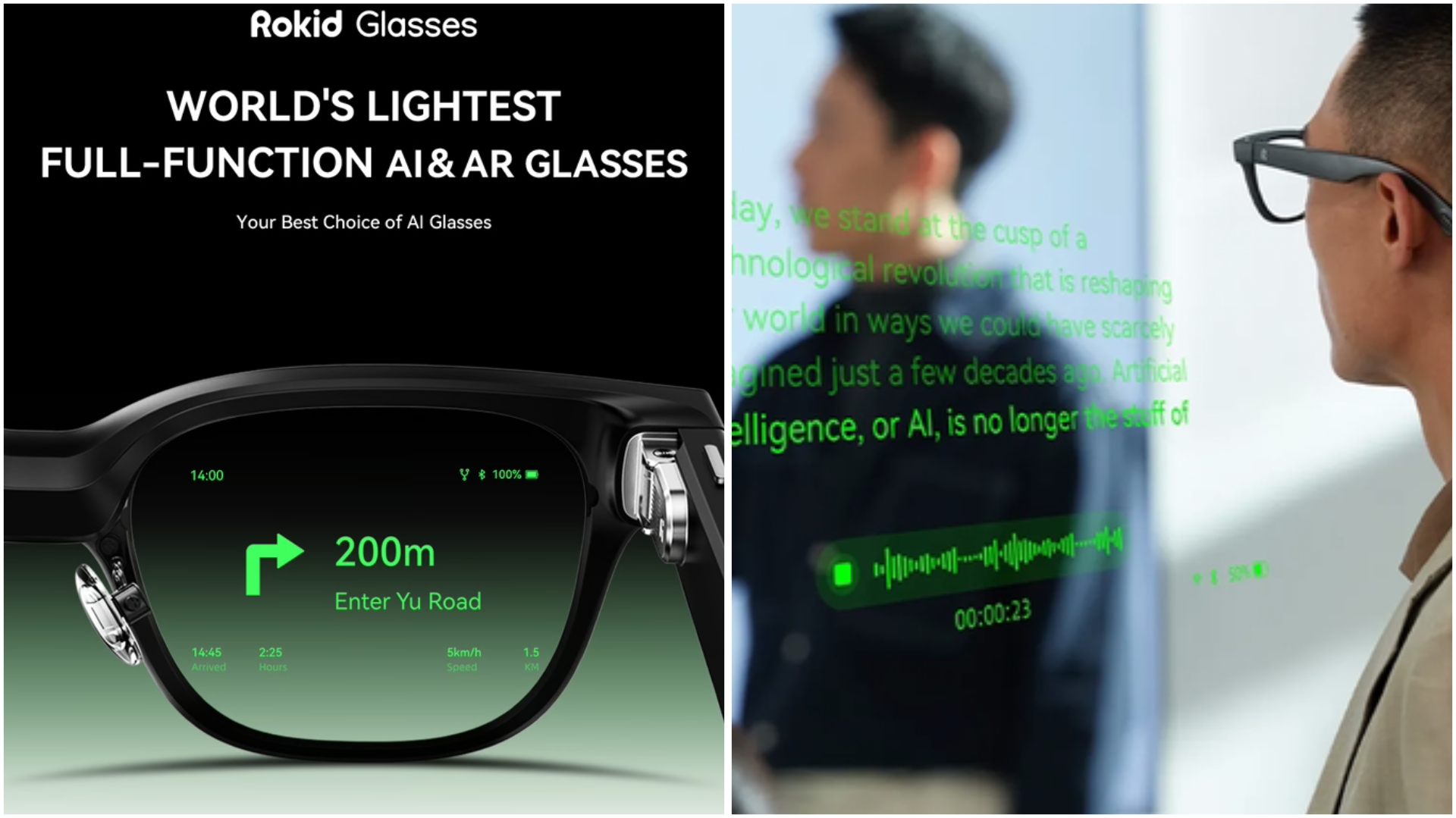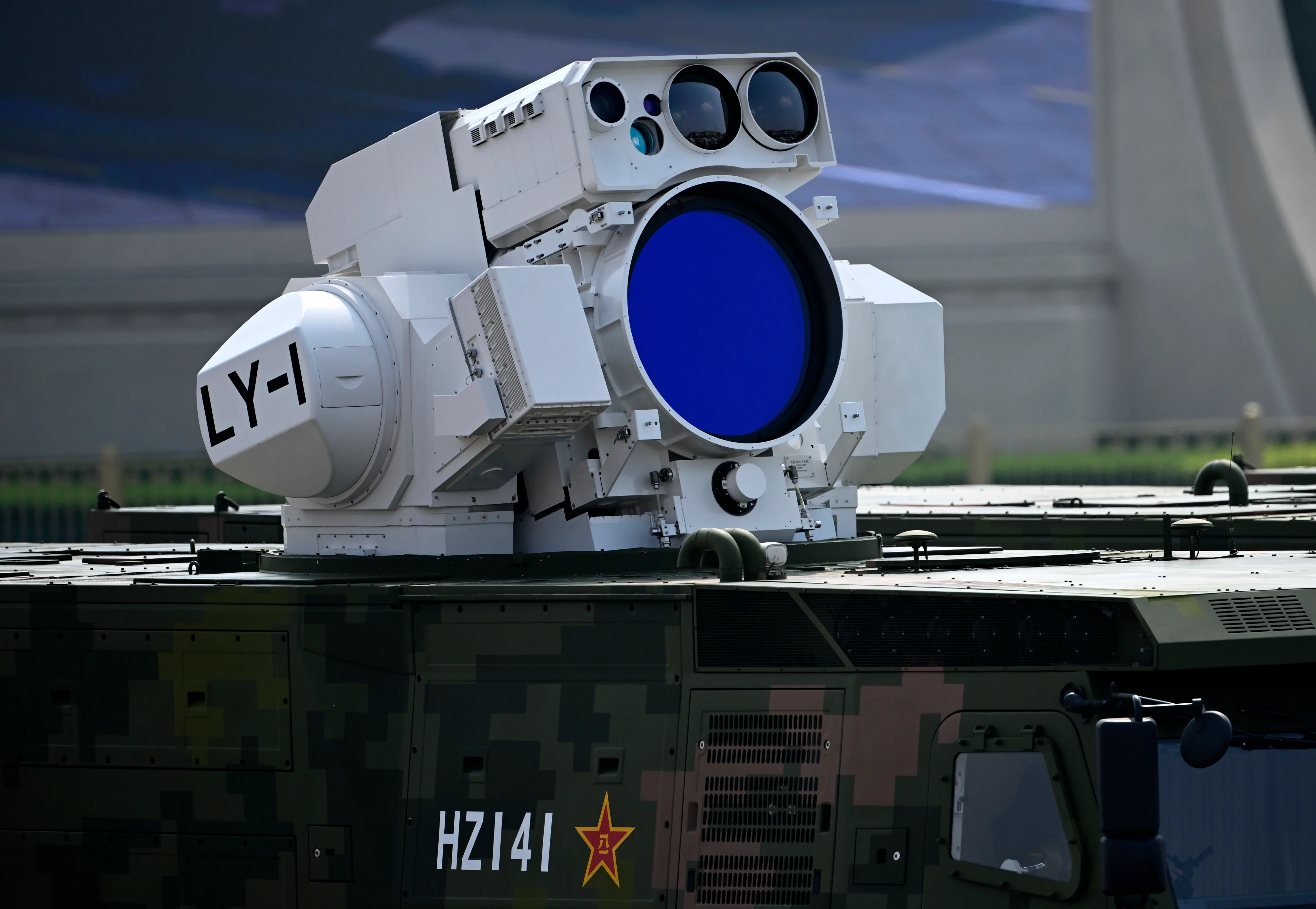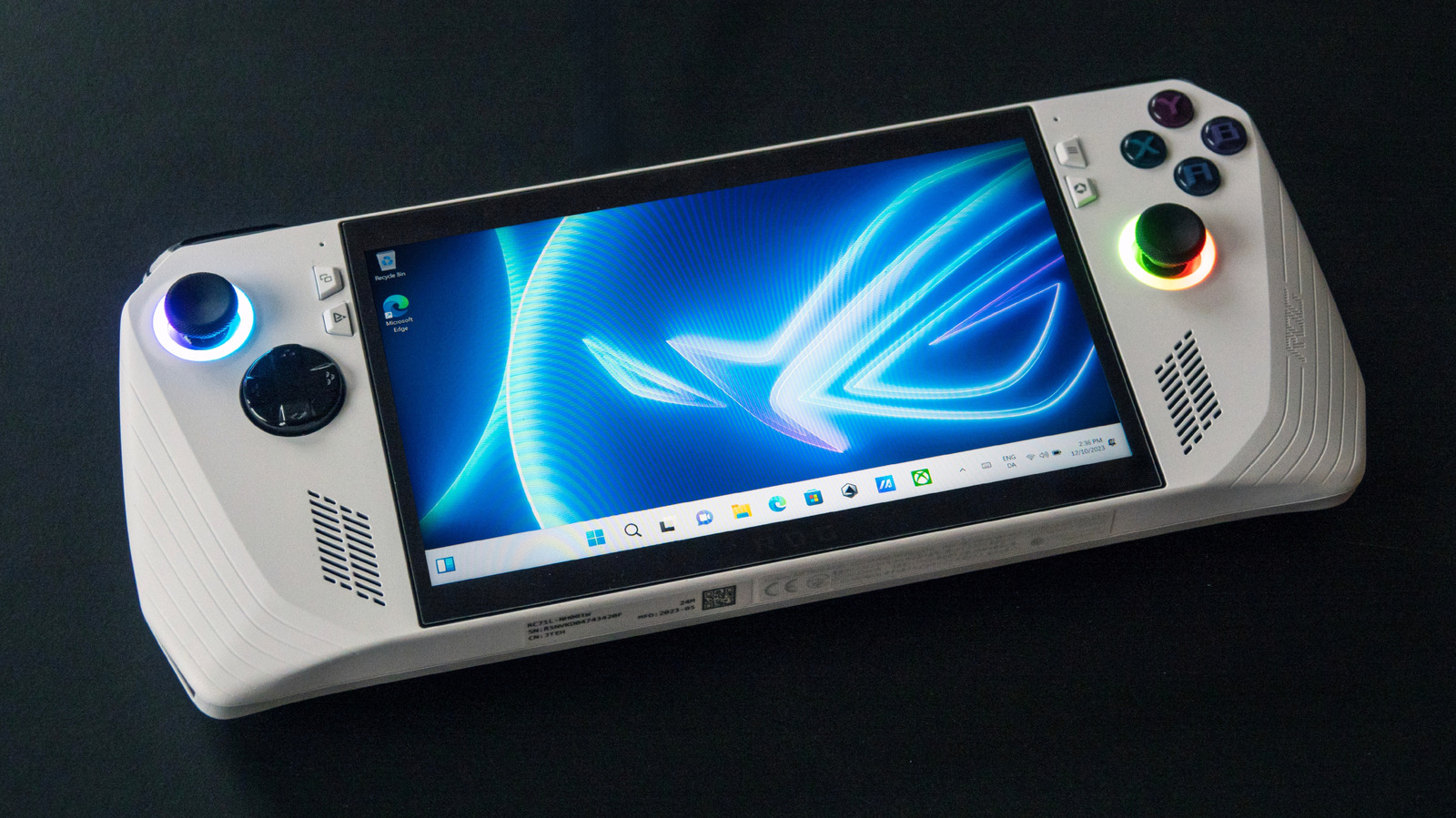
Crowdfunding campaigns have a history of turning ambitious prototypes into cultural touchstones, from drones and 3D printers to VR headsets. The latest to ride that wave is Rokid Glasses, a pair of AI-powered smart glasses that have quickly become one of Kickstarter’s biggest wearable success stories.
Launched on August 26 at Rokid’s Future in Sight event in New York, the project has since surpassed $2.5 million in pledges, with more than 300,000 units pre-sold in a little over a month. The Kickstarter Campaign remains live but closes the morning of October 10th, leaving a short window for backers to secure discounted pricing.
While management has been clear that Rokid did not need crowdfunding to manufacture the glasses, the decision to launch on Kickstarter was a strategic marketing move. That gamble has paid off: the campaign has demonstrated an enormous growing appetite for next-generation human-first AI wearables, devices designed to address everyday needs. At just 49 grams, the Rokid Glasses feature a dual monochrome green Micro LED with a diffractive optical waveguide, 640×480 resolution per eye, 1500 nits of brightness, and a 30° field of view, pairing a lightweight form factor with robust functionality powered by the Qualcomm AR1 platform.
What separates Rokid Glasses from previous smart eyewear attempts is a blend of lightweight design and practical functionality. They are the world’s lightest full-function AI & AR glasses, making them comfortable enough for all-day wear, a key obstacle that hindered earlier devices.
– Real-time multilingual translation – subtitles appear directly in the user’s field of view, bridging language barriers instantly.
– Live transcription – meetings, lectures, or casual conversations can be transcribed in real time, benefiting professionals and those with hearing loss.
– AR navigation – turn-by-turn directions overlay onto the world around you, freeing users from constantly checking a phone.
– AI teleprompter tools – scrolling text in the display allows for smooth public speaking or content recording.
– Object recognition – AI-enhanced vision identifies items, landmarks, and environments, extending accessibility and utility.
– 12MP first-person camera – featuring a Sony IMX681 sensor with HDR and stabilization support, enabling hands-free capture for content creators, educators, and everyday moments.
Kickstarter has long been a launchpad for disruptive hardware, but Rokid’s campaign illustrates how crowdfunding validated mass-market readiness. Backers are signaling that AI-powered AR glasses have a viable place in mainstream technology. The viral response, spurred by Rokid’s New York launch event, a Times Square pop-up, Bloomberg TV coverage, and global developer engagement, suggests that practical AI-driven eyewear has finally transitioned from a speculative concept to cultural relevance, even before Meta’s new Ray-Ban Display reveal.
For Rokid, the momentum reflects years of groundwork, including the development of the largest XR developer ecosystem in China, engagement with over 15,000 developers and 5,000 corporate partners, as well as global expansion, with more than 1,000 overseas developers expected by 2025. For Kickstarter, the platform remains a bellwether of emerging consumer tech trends, where communities test, fund, and accelerate innovations before they reach mass retail.



